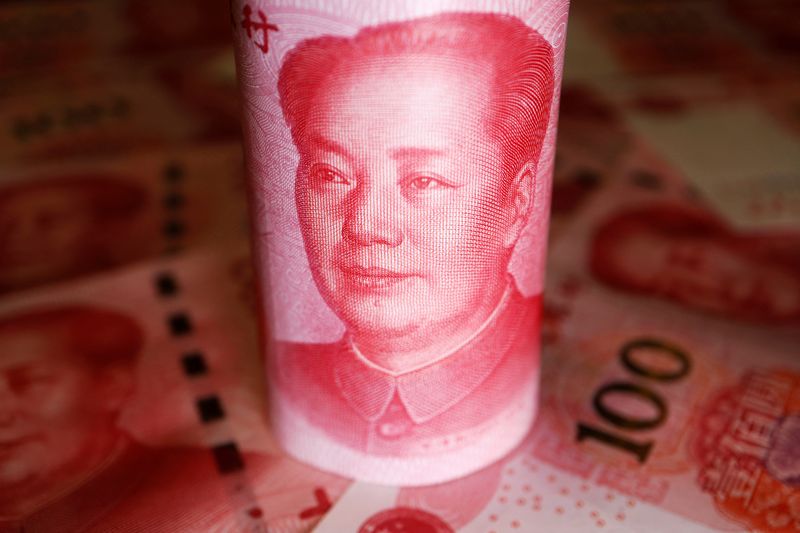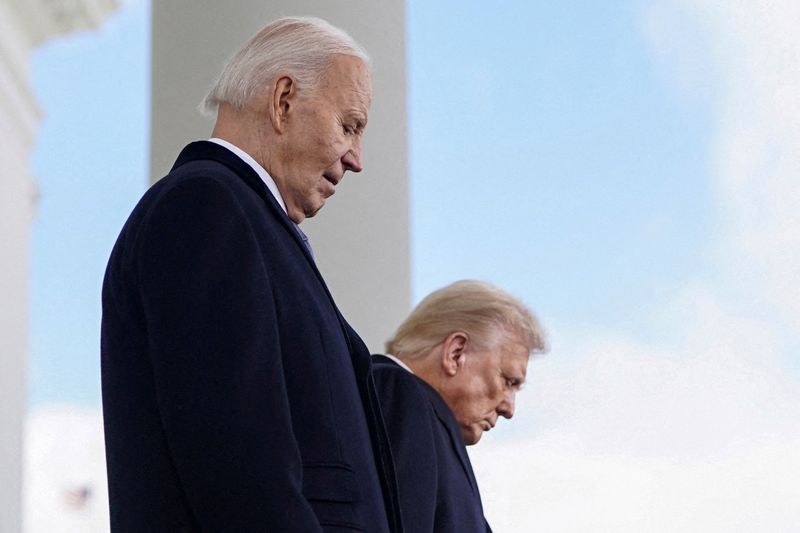
By Elena Fabrichnaya
MOSCOW (Reuters) – Major Russian banks have called on the central bank to take action to counter a yuan liquidity deficit, which has led to the rouble tumbling to its lowest level since April against the Chinese currency and driven yuan swap rates into triple digits.
The rouble fell by almost 5% against the yuan on Sept. 4 on the Moscow Stock Exchange (MOEX) after the finance ministry’s plans for forex interventions implied that the central bank’s daily yuan sales would plunge in the coming month to the equivalent of $200 million.
The central bank had been selling $7.3 billion worth of yuan per day during the past month. The plunge coincided with oil giant Rosneft’s 15 billion yuan bond placement, which also sapped liquidity from the market.
“We cannot lend in yuan because we have nothing to cover our foreign currency positions with,” said Sberbank CEO German Gref, stressing that the central bank needed to participate more actively in the market.
The yuan has become the most traded foreign currency on MOEX after Western sanctions halted exchange trade in dollars and euros, with many banks developing yuan-denominated products for their clients.
Yuan liquidity is mainly provided by the central bank through daily sales and one-day yuan swaps, as well as through currency sales by exporting companies.
Chinese banks in Russia, meanwhile, are avoiding currency trading for fear of secondary Western sanctions.
At the start of September, banks raised a record 35 billion yuan from the central bank through its one-day swaps.
“I think the central bank can do something. They hopefully understand the need to increase the liquidity offer through swaps,” said Andrei Kostin, CEO of second-largest lender VTB, stressing that exporters should sell more yuan as well.

The acute yuan shortage also follows months of delays in payments for trade with Russia by Chinese banks, which have grown wary of dealing with Russia after U.S. threats of secondary Western sanctions. These problems culminated in August in billions of yuan being stuck in limbo.
Russia and China have been discussing a joint system for bilateral payments, but no breakthrough is in sight. VTB’s Kostin said that since Russia’s trade with China was balanced, establishing a clearing mechanism for payments in national currencies should not be a problem.
This post is originally published on INVESTING.




